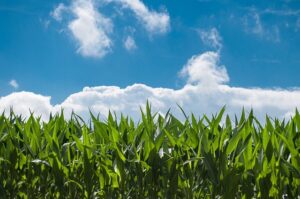In Wagga Wagga, the unique climatic challenges necessitate farm sheds that are both durable and adaptable, capable of withstanding extreme heat, cold, wind, and rain. These structures, essential for protecting crops and equipment, are constructed using high-strength materials like steel to resist rust and corrosion, with roof designs tailored to manage heavy rainfall and provide shade. Strategic placement minimizes the impact of winds, while efficient ventilation systems regulate interior temperatures and prevent condensation. Additional features like wide doors accommodate farming equipment, and adequate storage space is provided for various agricultural needs. The Thompson family’s and Jenkins farm’s success stories showcase the benefits of investing in robustly designed sheds with protective cladding and reinforced frames that have proven their resilience against Wagga Wagga’s variable weather conditions. These tailored farm shed solutions, crafted using local materials by regional experts, play a critical role in enhancing agricultural operations’ efficiency and resilience year-round. Keywords: Farm sheds wagga, climate-resistant materials, innovative design, energy efficiency, structural integrity, sustainable agriculture, weather-adaptive infrastructure.
Exploring the resilience of farm structures, this article delves into optimizing farm sheds for Wagga’s diverse weather conditions. A comprehensive guide awaits, detailing essential design elements, durable materials, and innovative features to safeguard agricultural assets year-round. From robust construction techniques to real-world case studies showcasing success amidst Wagga’s varying climates, learn how farm sheds can withstand the test of time and weather extremes.
- Understanding Wagga’s Climatic Conditions and Their Impact on Farm Sheds
- Design Considerations for Farm Sheds to Withstand Wagga Weather Patterns
- Durable Materials and Construction Techniques for Long-Term Resilience
- Innovative Features: Ensuring Maximum Protection and Efficiency in Farm Sheds
- Case Studies: Successful Farm Sheds in Wagga Wagga Facing Adverse Weather
Understanding Wagga’s Climatic Conditions and Their Impact on Farm Sheds
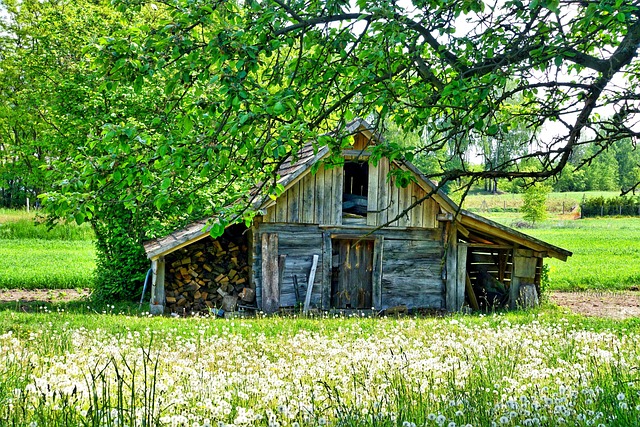
Located in the Riverina region of New South Wales, Wagga Wagga experiences a range of climatic conditions that significantly influence the design and functionality of farm sheds in the area. The region is characterized by hot summers, mild winters, and variable rainfall, necessitating farm structures that are both durable and adaptable. Understanding the local climate is crucial for the longevity and efficacy of farm sheds, as they must withstand extreme temperatures, high winds, and potentially heavy rain or drought conditions. Farmers in Wagga need sheds constructed with materials resistant to heat and UV rays during the summer months, as well as those that can retain warmth during the cooler periods.
The impact of Wagga’s weather on farm sheds is multifaceted. For instance, high-quality steel or galvanized iron is often preferred for the shed’s framework due to its resistance to rust and corrosion from humidity and frequent rainfall. Additionally, the roofing material must be designed to manage heavy rainfall, minimizing leaks and water damage. Moreover, the orientation and placement of sheds should consider prevailing winds to minimize wind load and potential uplift. Proper ventilation is also essential to maintain a comfortable interior temperature and reduce condensation that can form on surfaces during humid conditions. Farmers in Wagga Wagga must carefully consider these climatic factors when planning the construction of farm sheds to ensure they are robust, functional, and long-lasting, safeguarding their agricultural operations against the elements.
Design Considerations for Farm Sheds to Withstand Wagga Weather Patterns
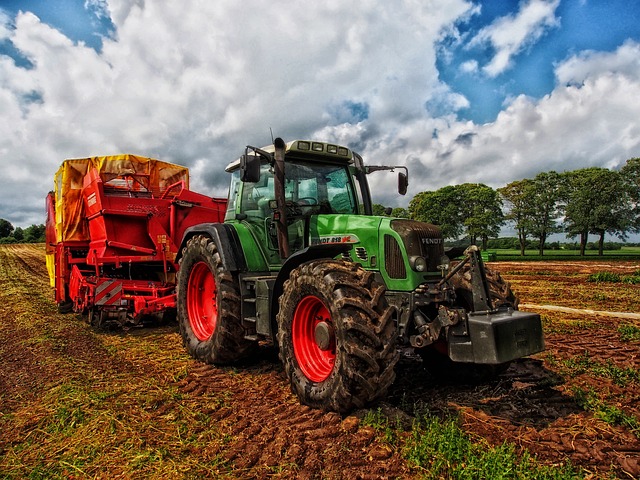
In the region of Wagga Wagga, where weather patterns can be both variable and severe, the design of farm sheds plays a critical role in protecting agricultural assets and ensuring operational continuity. To withstand the area’s diverse climatic conditions, which range from scorching summers to frosty winters, farm shed designs must incorporate robust materials and thoughtful layouts. Steel is often the preferred choice for construction due to its durability and resistance to the extreme temperatures experienced in Wagga Weather. The roof design is another pivotal factor; it should be optimized to deflect heavy rains and snowloads during the colder months, while also providing adequate shade during the hotter periods. Additionally, strategic placement of shed orientations can minimize the impact of prevailing winds, which are common in this region.
Ventilation is another essential aspect, as it ensures proper airflow to prevent overheating and condensation that could damage stored goods. Farmers should also consider the inclusion of energy-efficient lighting and insulation to maintain a temperate interior environment. Further, incorporating wide double doors or roller doors can facilitate easy movement of large machinery, which is essential for efficient farm operations. The design should also account for the storage of various agricultural equipment, ensuring that there is ample space and appropriate shelving or racking systems. By addressing these design considerations, farm sheds in Wagga Wagga can offer a reliable and secure environment for all types of farming activities, regardless of the weather conditions.
Durable Materials and Construction Techniques for Long-Term Resilience
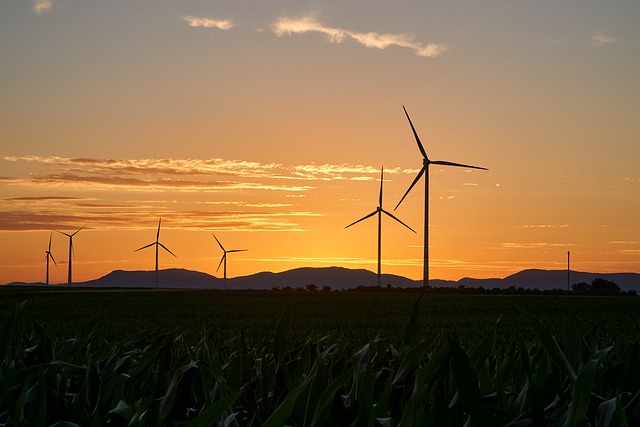
When constructing farm sheds in Wagga Wagga, where weather conditions can be unpredictable and harsh, utilizing durable materials and advanced construction techniques is paramount for long-term resilience. High-quality steel or galvanized iron are preferred for their strength and resistance to corrosion, particularly in areas prone to high humidity and rainfall. These materials not only withstand the elements but also provide a cost-effective solution that maintains structural integrity over time.
In addition to robust materials, employing proven construction methods further enhances the longevity of farm sheds. Engineered designs that account for local wind patterns and heavy snow loads, if applicable, ensure structural soundness. Additionally, strategic placement of support beams and proper insulation contribute to a shed’s resilience against Wagga’s variable weather conditions. Farmers in the region often opt for farm sheds with ample ventilation systems to manage heat and humidity effectively, ensuring the protection of stored equipment and goods. By combining high-grade materials with expert construction practices, these structures are well-equipped to endure the challenges of Wagga’s weather, providing a secure and long-lasting solution for agricultural needs.
Innovative Features: Ensuring Maximum Protection and Efficiency in Farm Sheds

In designing farm sheds for the Wagga region, innovation is key to providing maximum protection and efficiency. Farmers in this area are well aware of the challenging weather conditions that their operations must endure, from scorching summers to unpredictable rainfall. To meet these demands, farm sheds are being equipped with features such as high-pitch roofs to allow for optimal natural light and improved ventilation, which is crucial for the health and well-being of livestock. Additionally, materials with superior durability and weather resistance, like galvanized steel or treated timber, ensure longevity and protection against the harsh elements. These materials also play a significant role in energy efficiency, reducing heating and cooling costs over time.
The integration of smart design elements, such as strategically placed vents for cross-flow ventilation and insulated walls to maintain temperature consistency, further enhances the functionality of farm sheds in Wagga’s variable climate. Farmers are also increasingly adopting sustainable practices by incorporating rainwater harvesting systems and solar panel installations into their shed designs. These features not only contribute to environmental sustainability but also reduce operational costs. By leveraging these innovative features, farm sheds become a vital asset, providing not just shelter but also a controlled environment that supports the productivity and profitability of agricultural enterprises in Wagga’s challenging weather landscape.
Case Studies: Successful Farm Sheds in Wagga Wagga Facing Adverse Weather
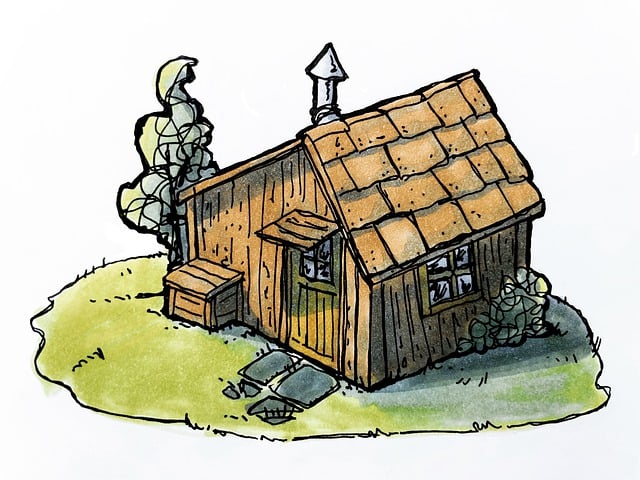
In the agricultural heartland of Wagga Wagga, where the weather can be as unpredictable as it is intense, farm sheds serve as critical assets for protecting crops and equipment. The success stories of local farms underscore the importance of robust design and materials in farm shed construction. For instance, the Thompson family’s operation, situated on the outskirts of Wagga Wagga, showcases a farm shed engineered to withstand the full gamut of weather conditions, from scorching summers to frosty winters. Their investment in a shed with durable cladding and reinforced structures has paid off; it has shielded their machinery and stored grain from hail and heavy rains that are characteristic of the region’s adverse weather patterns. Similarly, the Jenkins farm implemented a shed with a design optimized for natural light and ventilation, which not only aids in maintaining the quality of their produce but also reduces the need for artificial lighting and temperature control, despite the challenging weather. These case studies highlight how tailored farm shed solutions can significantly enhance the resilience and productivity of agricultural operations in Wagga Wagga. The adaptability and durability of these sheds, constructed with local expertise and materials, exemplify the best practices for building farm infrastructure capable of withstanding and protecting against the region’s weather extremes.
In conclusion, optimizing farm sheds for Wagga’s diverse and sometimes extreme weather conditions is not just a matter of protection but also efficiency and longevity. By understanding the local climate and applying tailored design considerations, utilizing durable materials, and adopting advanced construction techniques, farmers in Wagga Wagga can ensure their farm sheds withstand the elements effectively. The case studies highlighted the success of these strategies, showcasing resilient structures that have stood the test of time and weather challenges. Investing in robust farm sheds is a key step for farmers to maintain productivity and safeguard their investments against the unpredictable Wagga climate. With careful planning and innovative features, farm sheds can serve as bastions of stability, ready to face whatever the skies may bring.
